Edu Lobo
Nacimiento : 1943-08-29, Rio de Janeiro, Rio de Janeiro, Brazil

Music
The story of five generations of the Austrian-Brazilian Knieps family, from the inauguration of their family-owned Great Mystical Circus in the 1910s up to the early 21st century, following both the family and the circus from their prime through to their decadence.

Cacaso, a Brazilian poet, lived in Rio de Janeiro. Born Antonio Carlos de Brito (1944-1987) he was one of the leaders of the marginal poetry movement. Cacaso filled notebooks not only with poems but reflections, drawings and collages. He also became a lyricist and partner of celebrated songwriters such as Tom Jobim, Edu Lobo, Toninho Horta, João Donato and Sivuca.

Self
Chico Buarque is a constant presence in Brazil's art scene and makes up its citizen's popular culture. This wealth in music, poems, theater and novels has been created over the last 50 years and in this film Chico Buarque converses about his memories, shows, daily life, work methods, creative process, in summary all his trajectory. The musician’s search for his German brother, whom he never got to meet, serves as one of the axis for the narrative.
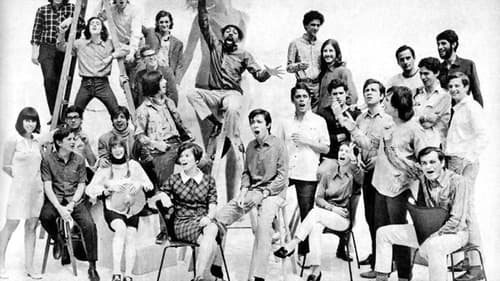
Self
If you thought TV shows in which audiences and juries judge musical acts were a relatively new phenomenon, you'd better think again. In the 1970s, such "festivals" were incredibly popular in Brazil. They were recorded before a live studio audience, and usually featured a number of elimination rounds. They also formed the springboard for the career of many a big-name star, such as Chico Buarque, Caetano Veloso, Roberto Carlos and Gilberto Gil. Appearing on such a program was no cakewalk, however: audiences could be as wild in their condemnation as in their appreciation of an artist. Extensive archive footage (including performances and behind-the-scenes interviews) from a turbulent final of the Festival of Brazilian Popular Music one evening in 1967 paints a fascinating picture, not only of the transformation of Brazilian music into real "festival" music, but also of a society starting to buck against the yoke of military rule.

Self

Narrador
Two sisters try to find meaning in their empty lives through sexual experiences and adventures in the nightlife of Rio de Janeiro. Abandoned by their father, who left their family, and raised by their absent mother, the two sisters rely on each other and search for their own path, trying to find a way out. Based on the poem from Vinicus de Moraes.

Self - Singer 'Berimbau'
To celebrate the life and the work of a multifaceted creator – playwright, poet, partner of the most important names of Brazilian pop music and, above all, an enlightened character of the Brazilian cultural history - director Miguel Faria Jr. gathered an incomparable cast of partners, singers, friends and rare images from the archives recalling Vinícius’ genial simplicity, with the spontaneity, the humor, and the freedom of a person chatting over a bar table, exactly how the eternal Vinícius would enjoy.
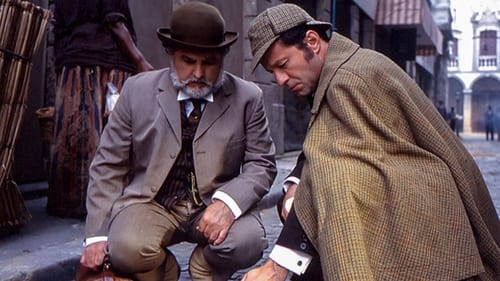
Original Music Composer
Rio de Janeiro, 1886. A precious Stradivarius violin presented to Emperor Dom Pedro II is stolen. Sherlock Holmes and Dr. Watson are called to solve the case.
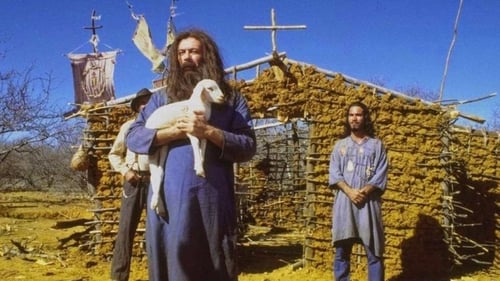
Music
At the end of the 19th century, a poor family comes to the rural Canudos, a community led by Antônio Conselheiro, seen by many as a holy prophet. Their ways bother the powerful people of the region, and the newly founded Republic sends their army to destroy the settlement, which culminates in one of the bloodiest wars in the history of Brazil.

The history of Brazilian popular music in the 20th Century, focusing specially on the life and works of intriguing singer Mário Reis, a loner who, with his special way of singing - whispering and softly saying the words - in a time when singers with potent voices ruled, was in a way a forerunner of Bossa Nova style.

Self
A documentary chronicling the life and works of Brazilian poet, songwriter, journalist and avant-garde filmmaker Torquato Neto, from his beginnings to his suicide at the age of 28.
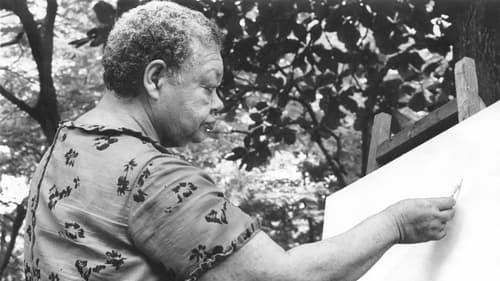
Music
In hopes of unraveling the causes and cure for various forms of insanity, a psychiatrist in Brazil created the Museum of Images from the Unconscious in 1952. It gathered paintings and drawings made by mental patients from all over Brazil. Many of the works in the museum are paired with the case-histories of the patients who created them in this fascinating film.

Music
Boy from a poor family loses his only asset: a colorless little horse that his imagination turns into a magical and colorful pretty stallion. To get his pet back, he leaves home and faces all dangers ahead with courage, getting involved in many adventures.

Music
As soon as Mauro, an Administration student, discovers a strong vocation for mediumship, he drops everything to go deeper and dedicate himself to Umbanda, a religion he embraces so strongly that it makes him give up his studies. Determined to open his own spiritist center, Mauro moves to the countryside.

Self
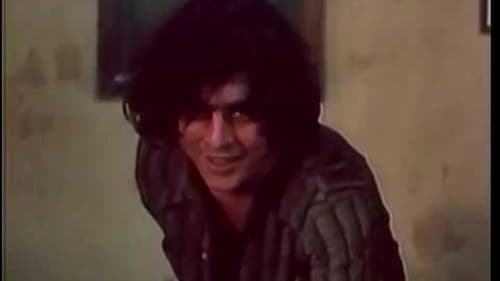
Music
Young robber, son of a prostitute who had killed herself, gets involved with two police informers, who force him to share the loot he gets.

Music
In the 1930s, a blacksmith is accused of murdering his wife and becomes a hero and political leader.

Music
During the Brazilian military government, journalist Estêvão is sent from Rio de Janeiro to Brasilia to cover the important statement of a minister, but takes the opportunity to deliver incriminating documents to another one.














